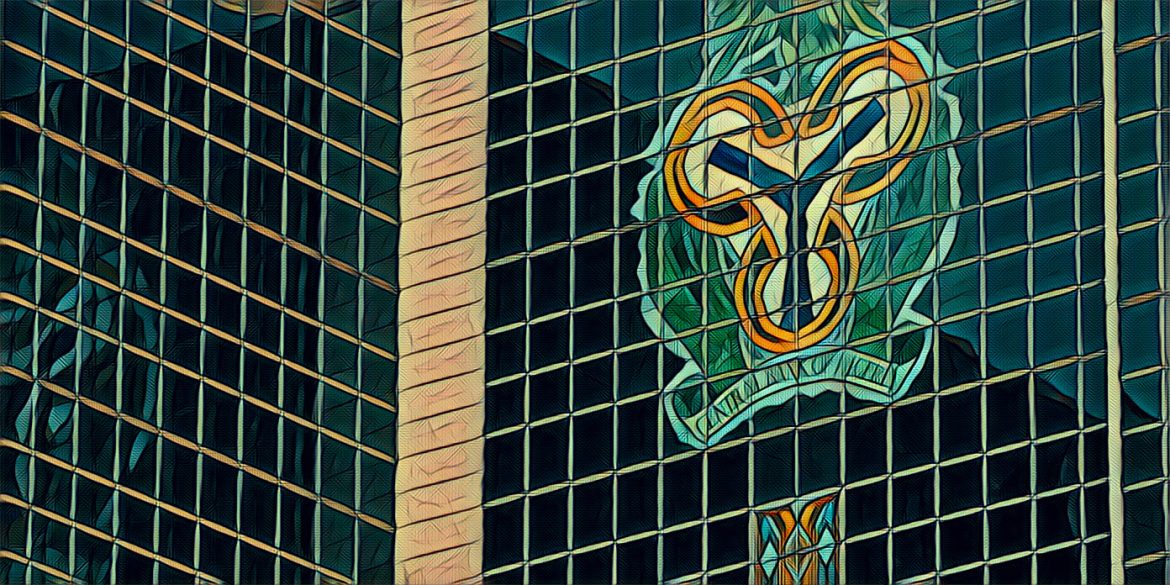Nigeria’s naira, which has been fluctuating in the foreign exchange market, is expected to stabilise soon as the $3 billion loan secured by the government from the African Export-Import Bank (Afreximbank) awaits the approval of the Central Bank of Nigeria (CBN).
The loan, which was announced in August, is meant to support the naira and ease the pressure on the foreign reserves, which have been depleted by the low oil prices and the COVID-19 pandemic. The loan will also enable the government to settle taxes and royalties in advance, according to the Nigerian National Petroleum Corporation (NNPC) Limited, which secured the deal.
The National Economic Council (NEC), which met on Thursday, affirmed that the loan would be deployed to stabilise the naira and augment the ongoing fiscal and monetary policy reforms of the CBN. The Nasarawa State Governor, Abdullahi Sule, who briefed the press after the meeting, said the new CBN team, led by Olayemi Cardoso, who was confirmed as the governor last week, was working out the modalities for the implementation of the loan.
“It is one thing to take the loan; it is another to plan the stabilisation process because it will take a while. The CBN governor was just confirmed a few days back, and he started rolling out his plans of what to do,” Sule said.
He added that the NEC was confident that the loan would be useful and that there was no need for a supplementary budget at the moment.
The loan from Afreximbank, which is backed by crude oil, has also attracted the interest of some oil traders, who are willing to fund the deal in exchange for physical cargoes of oil, according to Reuters. The sources said the high oil prices would make the deal more attractive for the traders, who would benefit from the repayment terms.
The naira, which hit a record low of N1000 per dollar in the parallel market earlier this month, recovered slightly after Cardoso’s nomination, closing at N990 per dollar on Friday, September 22, 2023. The naira also fluctuated in the Investors and Exporters’ window, where it is officially traded.
The CBN has been struggling to defend the naira and maintain a stable exchange rate amid dwindling revenues and rising inflation. The bank has also introduced several measures to boost dollar supply and curb speculation, such as banning the sale of forex to bureau de change operators and increasing the remittance of diaspora inflows.
Analysts have expressed optimism that the $3 billion loan, along with the CBN’s reforms, would help to restore confidence in the naira and improve the economic outlook of the country.
Source: Punch


